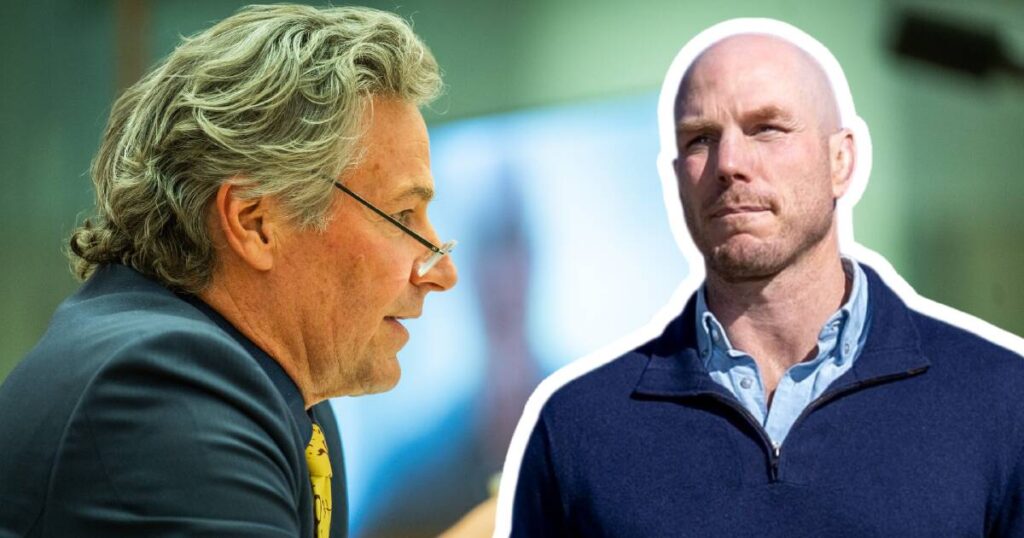
In a recent appearance before a Senate committee, Nous Group has defended its consultancy work for the Australian National University (ANU), denying allegations of employing a “cookie-cutter” approach. The consultancy firm, which has been involved with ANU since 2024, clarified the financial and strategic reasoning behind its projects for the university.
Nous Group’s Chief Executive Tim Orton addressed the committee on November 12, shedding light on the $2 million worth of consultancy services provided to ANU between 2024 and early 2025. This comes in the wake of criticism directed at the university’s broader spending on consultants, which totaled $190 million in previous years, particularly following announcements of job cuts.
Understanding the Scope of Work
Orton detailed that the initial engagement with ANU was initiated by the former vice-chancellor, Genevieve Bell, who commissioned a $50,000 analysis on the strategic drives of Australian universities. This analysis covered a wide range of areas including research, performance, teaching, student wellbeing, campus design, and financial sustainability.
Following this initial analysis, Nous Group was re-engaged in October 2024 for three complex projects as part of the university’s “Renew ANU” initiative. These projects were aimed at shaping the future academic portfolio, designing academic services around research and innovation, and centralizing marketing and communication efforts.
Defending Against ‘Cookie-Cutter’ Claims
During the hearing, Independent ACT Senator David Pocock questioned whether Nous Group employed a standardized approach to its consultancy. Orton firmly denied these claims, stating,
“We don’t put cookie-cutter models to universities because every university is different. It would be unwise, it would be silly to provide a simple single model for any particular university.”
Orton emphasized the bespoke nature of their consultancy, noting that the work done for ANU constituted only “0.04 percent of the revenue of universities,” a relatively minor expenditure in the broader context of university finances.
Historical Context and Broader Implications
The scrutiny of consulting expenditures in universities is not new. Over the past decade, Australian universities have increasingly relied on external consultants to navigate complex challenges such as funding cuts, technological advancements, and evolving educational demands. This trend has often sparked debate about the value and impact of such expenditures, particularly in times of financial austerity.
Experts in educational governance suggest that while consultancy can offer valuable external perspectives, it is crucial for universities to balance these insights with internal expertise to ensure sustainable and contextually relevant strategies.
Looking Forward: The Future of University Consultancy
The Senate committee’s inquiry into university governance, including the role of consultants, is expected to continue, potentially influencing future policy and spending decisions in the sector. For Nous Group, the hearing provided an opportunity to clarify its approach and reinforce its commitment to tailored consultancy services.
As universities continue to face evolving challenges, the debate over the role of consultants is likely to persist. The outcomes of the Senate inquiry may set precedents for how universities engage with external partners, emphasizing the need for transparency and accountability in these collaborations.
In conclusion, while Nous Group has defended its practices, the broader conversation about consultancy in higher education remains a critical issue, with implications for governance, financial management, and educational outcomes across the sector.





